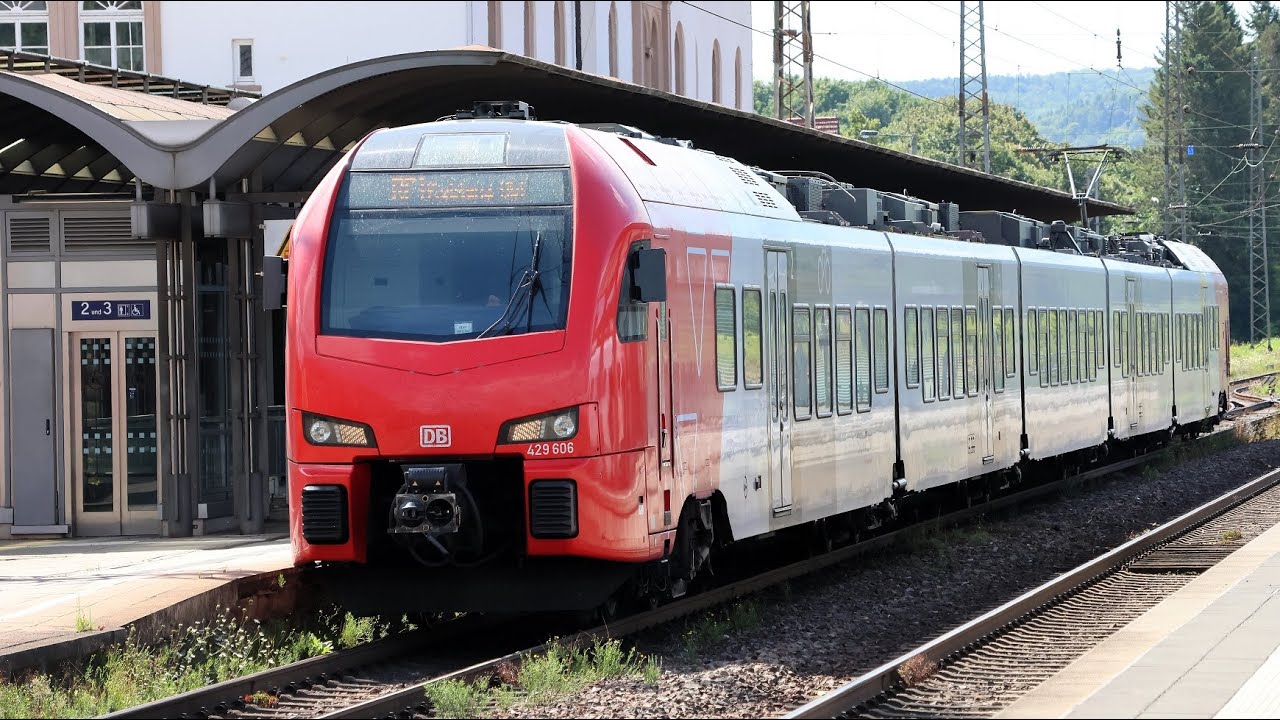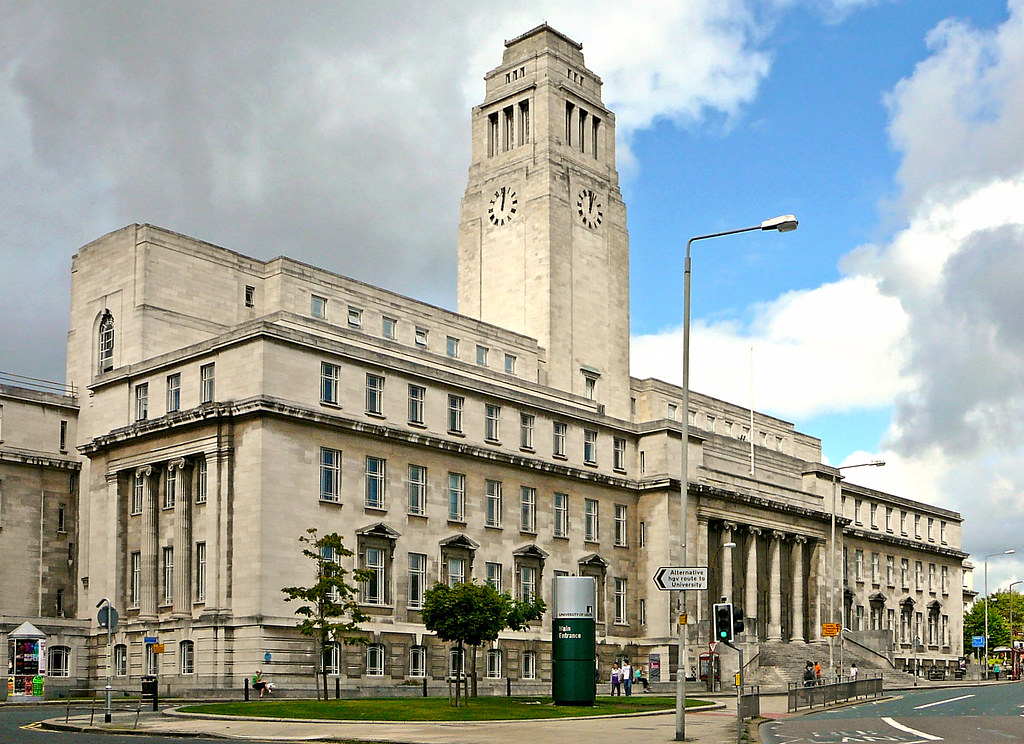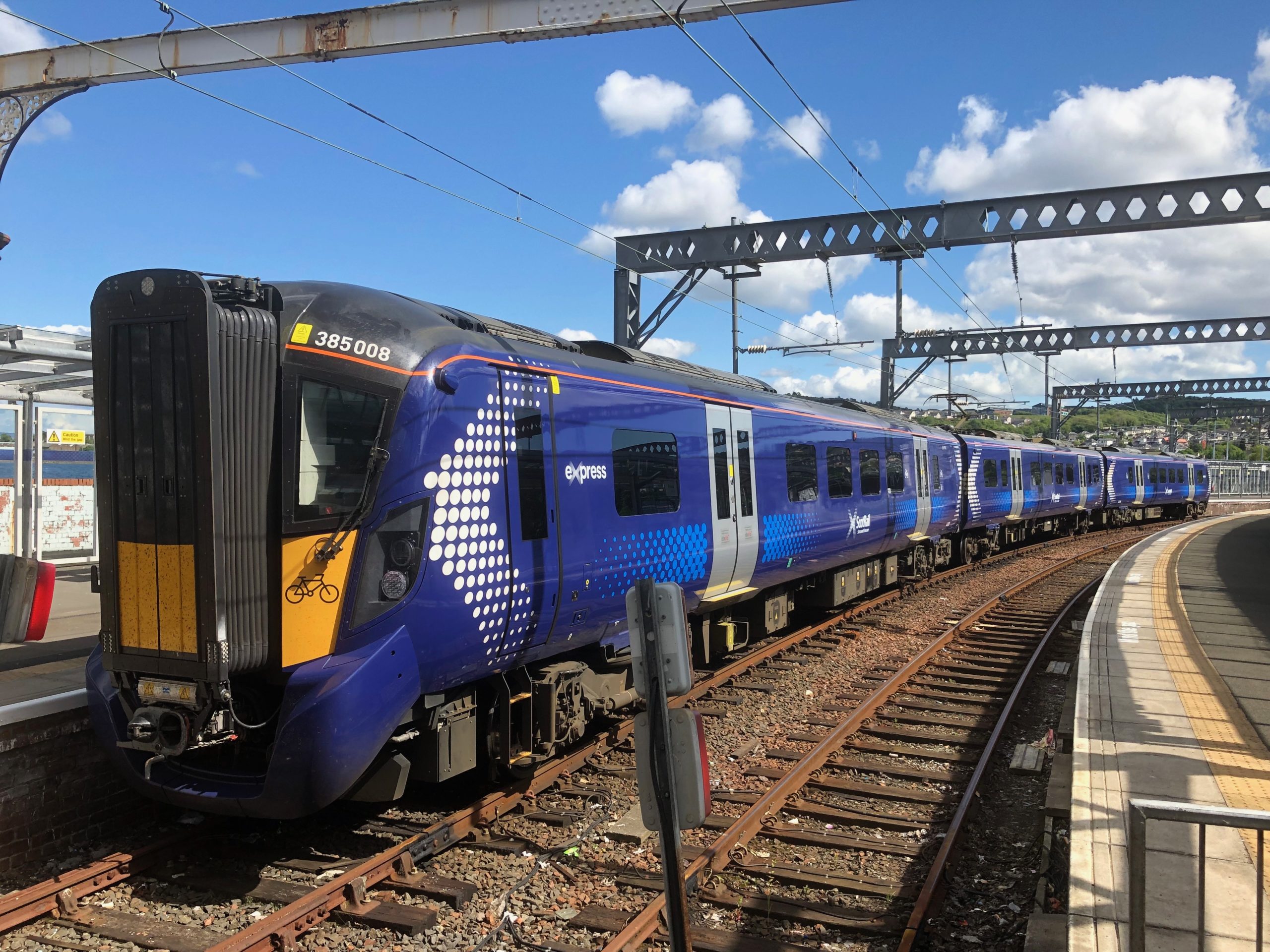
Introduction
Trains have long been a vital part of the UK’s infrastructure, facilitating travel and commerce across the country. Their significance has only grown amid increasing concerns about environmental sustainability and the need for efficient public transport solutions. As we advance into a post-pandemic era, the future of trains in the UK is on the brink of transformation, driven by technology, government policies, and public demand for greener alternatives.
Recent Developments in UK Trains
The advent of new technologies is revolutionising the train industry. One notable example is the introduction of Electric Multiple Units (EMUs) and hydrogen-powered trains, which aim to reduce carbon emissions significantly. The UK government has pledged to phase out diesel trains by 2040, focusing instead on electrification and alternative fuel sources. In a recent announcement, it was revealed that several regions, including East Anglia and the Midlands, will be trialling hydrogen trains in 2024.
Additionally, the integration of digital technologies has enhanced the connectivity and safety of train services. The introduction of advanced signalling systems, as well as mobile apps for real-time updates, enables passengers to plan their journeys more efficiently and reduces waiting times.
Challenges Facing the Train Sector
Despite these advancements, the UK train sector faces challenges that could hinder potential progress. Infrastructure upgrade costs remain a significant barrier, with estimates indicating that billions will be needed to modernise tracks and stations. Moreover, the industry has struggled with issues of punctuality and reliability, making many passengers hesitate to rely on train travel.
The ongoing effects of the COVID-19 pandemic have created uncertainty regarding passenger numbers and revenue, prompting some train operators to rethink their strategies. A shift towards more flexible ticket pricing and improved customer service is essential to win back the public’s trust and patronage.
Conclusion and Outlook
In conclusion, the future of trains in the UK is set for significant change, driven by technological innovations aimed at improving efficiency and sustainability. However, addressing existing challenges will be crucial for the industry. As the government continues to invest in rail infrastructure, the collaboration between operators, local authorities, and technology companies will be essential in shaping a reliable and eco-friendly train network moving forward. With a clear commitment to sustainability and innovation, trains could soon become the preferred mode of transport for many, paving the way for a greener and more connected future.
You may also like

Leeds Train Station: A Key Transport Hub in the UK

The Importance of ScotRail in Scotland’s Transport Network

Exploring the Elizabeth Line: A New Era for London’s Transport
SEARCH
LAST NEWS
- Remembering Wendy Richard: The Promise to Co-Star Natalie Cassidy
- How Did Anglian Water Achieve an ‘Essentials’ Rating for Mental Health Accessibility?
- Shai Hope Leads West Indies in T20 World Cup Clash Against South Africa
- What We Know About Weston McKennie: Future at Juventus and Past at Leeds
- What We Know About the Upcoming Live Nation Antitrust Trial